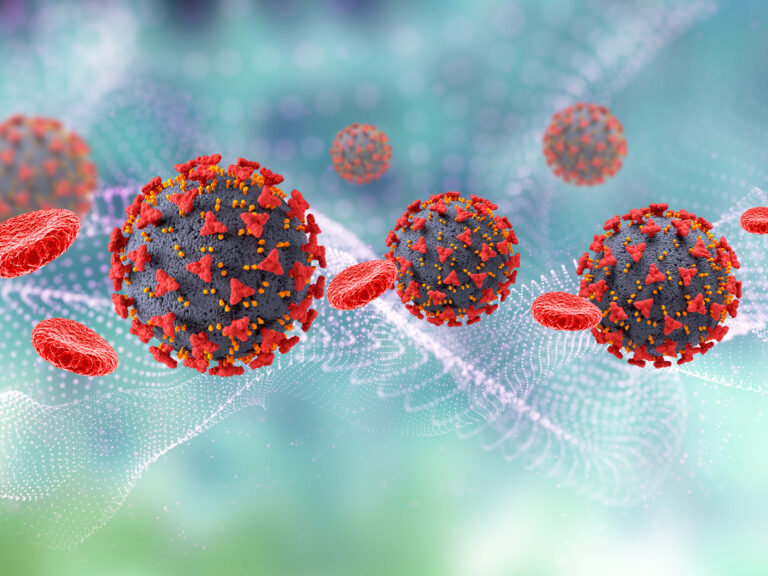
Treatment of alcohol-use disorders and anxiety through gene editing
Research conducted on rats at the University of Illinois Chicago suggests that gene editing has the potential to treat anxiety-affected adults who were exposed to alcohol consumption in adolescence. The thesis of this research claims that during puberty and adulthood, our brain undergoes major epigenetic modifications such as the production of proteins associated with cognitive and emotional processes. However, binge-drinking of alcohol, unfortunately, disturbs normal development of the higher-order processes, rendering a person prone to anxiety and persistent alcoholism. The researchers claim that the gene editing experiment may be a potential treatment for people suffering from alcohol-use disorder. Read More from Big Think






